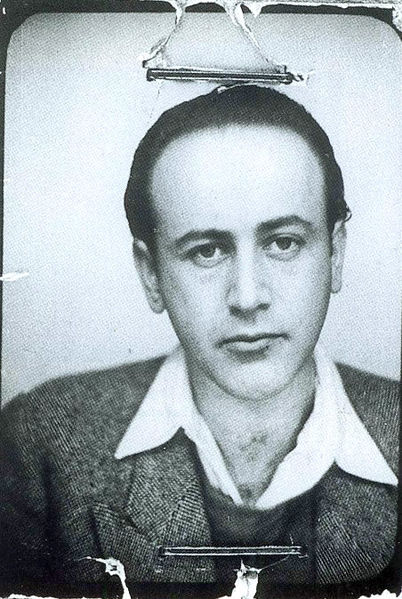Today, let’s dive into a mysterious poem by the great Paul Celan, in a translation by Michael Hamburger.
I hear that the axe has flowered
I hear that the axe has flowered,
I hear that the place can’t be named,I hear that the bread which looks at him
heals the hanged man,
the bread baked for him by his wife,I hear that they call life
our only refuge.
To my ears, it sounds quite different in German, but let’s pretend it is an English poem (I can’t bear any translation of Celan’s famous Todesfüge and the “Platz in den Wolken da liegt man nicht eng” but here its not fatal). The German begins:

Ich höre, die Axt hat geblüht
Ich höre, der Ort ist nicht nennbar,Ich höre, das Brot, das ihn ansieht
heilt den Erhängten
The image of the flowering axe is designed to be strange, elusive. Does it mean the axe has attracted the equivalent of birds or insects, who take care of its reproduction? But the place can’t be named, is it a concentration camp (of course, we’re reading Celan…)
The world is so completely ‘aus den Fugen’, incomprehensible that in this abyss of meaninglessness, the smallest thing can heal: The bread baked for him by his wife ‘heals’ the man even after he was executed. Why? It restorace the tiniest modicum of normalcy, it retroactively pierces an infinitely tiny hole in the narrative of the absurd that has enveiled the hanged man. What is healed is not the body of the man, but his story.
The story of life is our only refuge (“Ich höre, sie nennen das Leben / die einzige Zuflucht”). It is all Celan has to offer here, all we can hope for in the darkest of times: (imagining) being looked at by fragments of that, which we can still understand as life.
One thought on “Reading: I hear that the axe has flowered by Paul Celan”
Comments are closed.